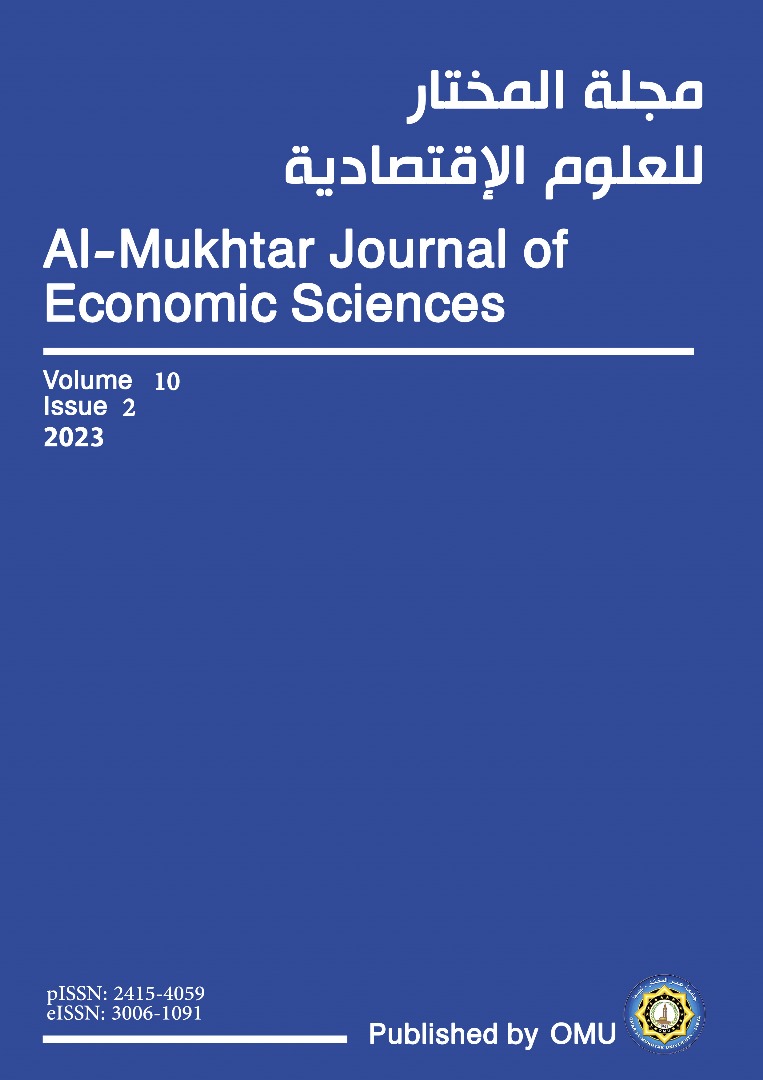Circular economy as a mechanism to reduce environmental pollution and support sustainable development
DOI:
https://doi.org/10.54172/qvy22k21Keywords:
Circular Economy, Environmental, Recycling, Traditional Economy, Sustainable DevelopmentAbstract
The study aims to highlight the role that the circular economy can play to achieve actual sustainable development by addressing the most important contributions it makes by reducing the risks posed by waste to the environment and sustainability of countries, and converting (recycling) waste from a burden to an economic resource that leads to create added value for the economy. The study relied on the inductive-deductive approach to take note of the contribution of the circular economy to promoting sustainable development, especially the environmental and economic ones, and to monitor the most important challenges facing countries in developing a national policy regarding the continuity of sustainability in the treatment and recycling of waste. The study concluded that the circular economy possesses the capabilities that enable it to eliminate the defects of the traditional economy based on “extracting resources to manufacture products.
Downloads
Published
Issue
Section
License

This work is licensed under a Creative Commons Attribution-NonCommercial 4.0 International License.
Copyright of the articles Published by Al-Mukhtar Journal of Economic Sciences (Mjes) is retained by the author(s), who grant Mjes a license to publish the article. Authors also grant any third party the right to use the article freely as long as its integrity is maintained and its original authors and cite Mjes as the original publisher. Also, they accept the article remains published by the Mjes website (except in the occasion of a retraction of the article). All Mjes Published articles under the Attribution-NonCommercial 4.0 International License.












